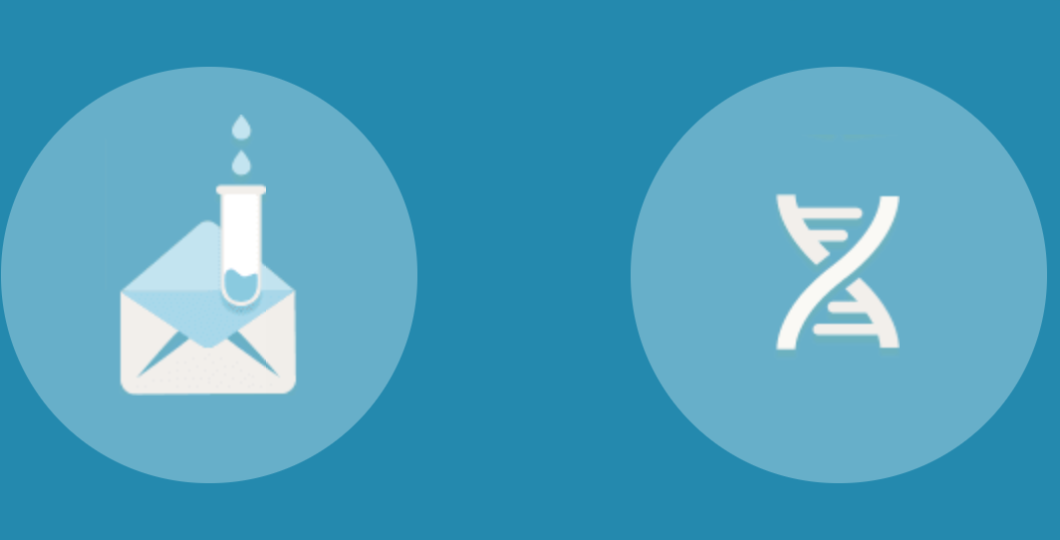Ancestry.com Wants To Get Into The Genetic Disease-Diagnosing Business
 Nearly two years after federal regulators drove genetic testing startup 23andMe out of the business of identifying potential risks for disease, the folks at genealogy website Ancestry.com say they want to be able to review customers’ DNA tests for potential problems.
Nearly two years after federal regulators drove genetic testing startup 23andMe out of the business of identifying potential risks for disease, the folks at genealogy website Ancestry.com say they want to be able to review customers’ DNA tests for potential problems.
For the moment, commercially available DNA testing kits are not approved for diagnosing disease or even alerting a user to the risk for disease. That’s what got 23andMe in trouble with the Food and Drug Administration in 2013 and why the company had to pivot to only providing non-medical hereditary information.
In an interview with The Verge, Ancestry.com CEO Tim Sullivan says his company is in the “very early stages of a conversation with the FDA” about allowing it to offer diagnostic DNA services to customers.
“We think it’s totally appropriate that the FDA has stepped in to pretty aggressively regulate direct-to-consumer genetic tests — and we’re just starting from that perspective, and trying to work very closely with them,” he explains.
After years of helping users trace their family trees through a variety of public records, Ancestry recently began selling $99 DNA kits that provide information about the users’ ethnic origins and other hereditary data.
No commercially available DNA kit has passed FDA muster regarding its accuracy. And the agency is also concerned that these services don’t require a consultation with a physician. There are concerns that users, when told they might be at risk or predisposed to certain diseases, will unnecessarily or improperly try to treat those conditions.
In fact, Sullivan himself admits to The Verge that “Today, family health history is still a better predictor of health risk than a DNA test.”
23andMe’s marketing for its diagnostic service not only promised to identify health risks and carrier status, but even went so far as to detail potential drug interactions based on a user’s test results.
Those sorts of claims are effectively begging for FDA scrutiny, but Sullivan says Ancestry has no intention of rushing a diagnostic product to market without approval.
“Ancestry is going to follow the FDA’s lead on this and add as much value to our DNA test as we can within the FDA’s guidelines,” he tells The Verge. “We’ll expand the AncestryDNA test in, frankly, whatever way the FDA allows us to do.”
Want more consumer news? Visit our parent organization, Consumer Reports, for the latest on scams, recalls, and other consumer issues.

